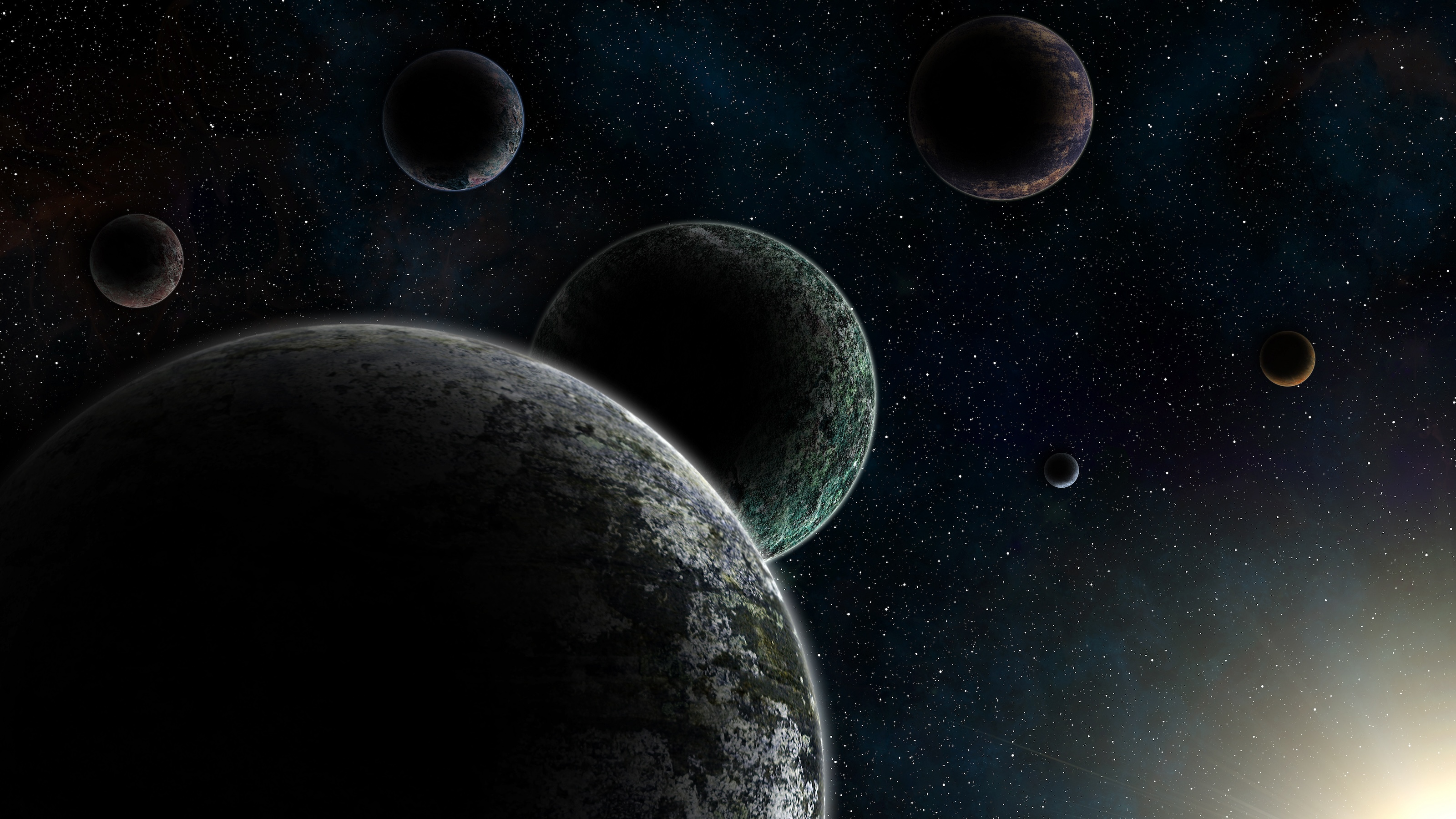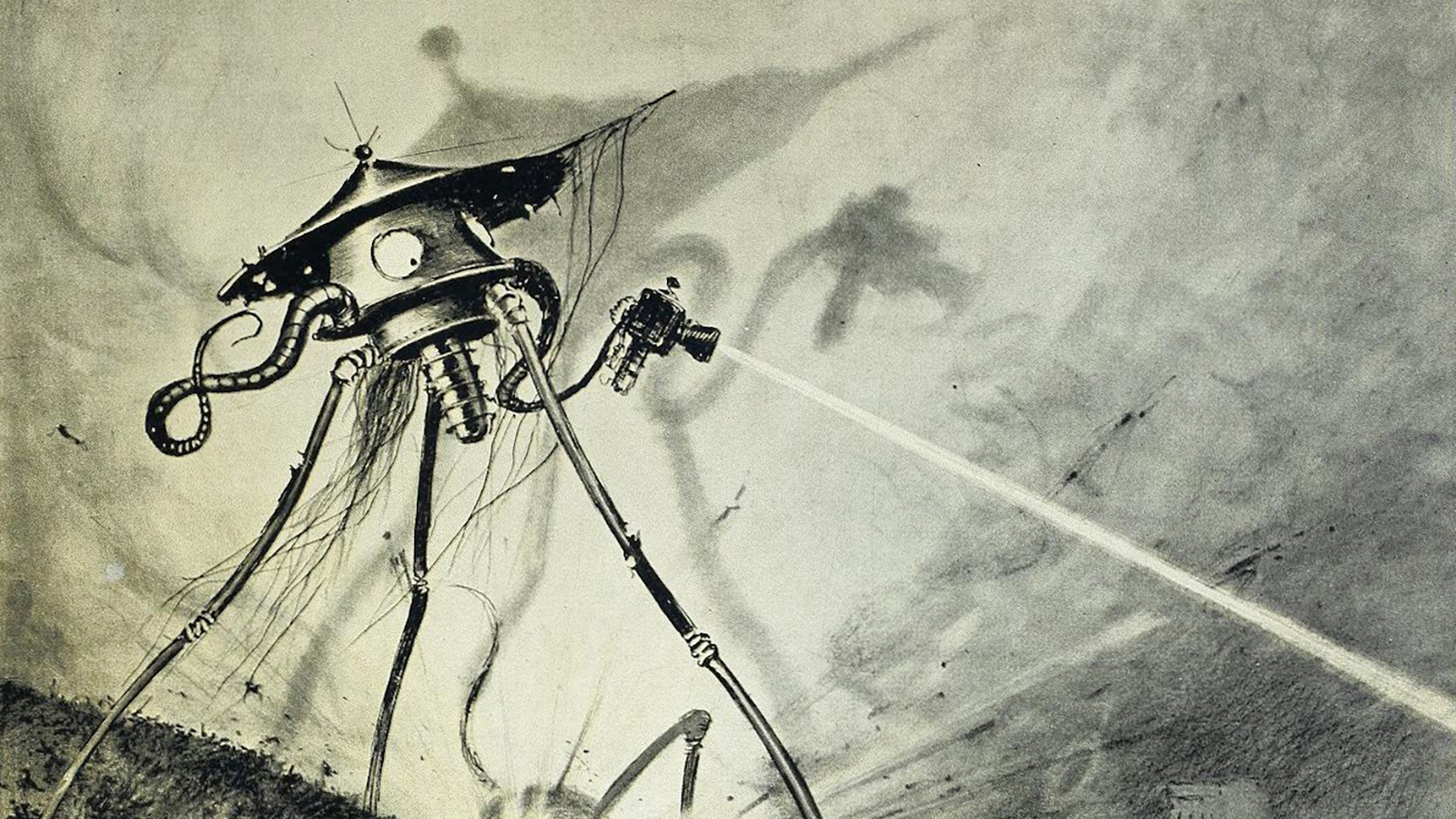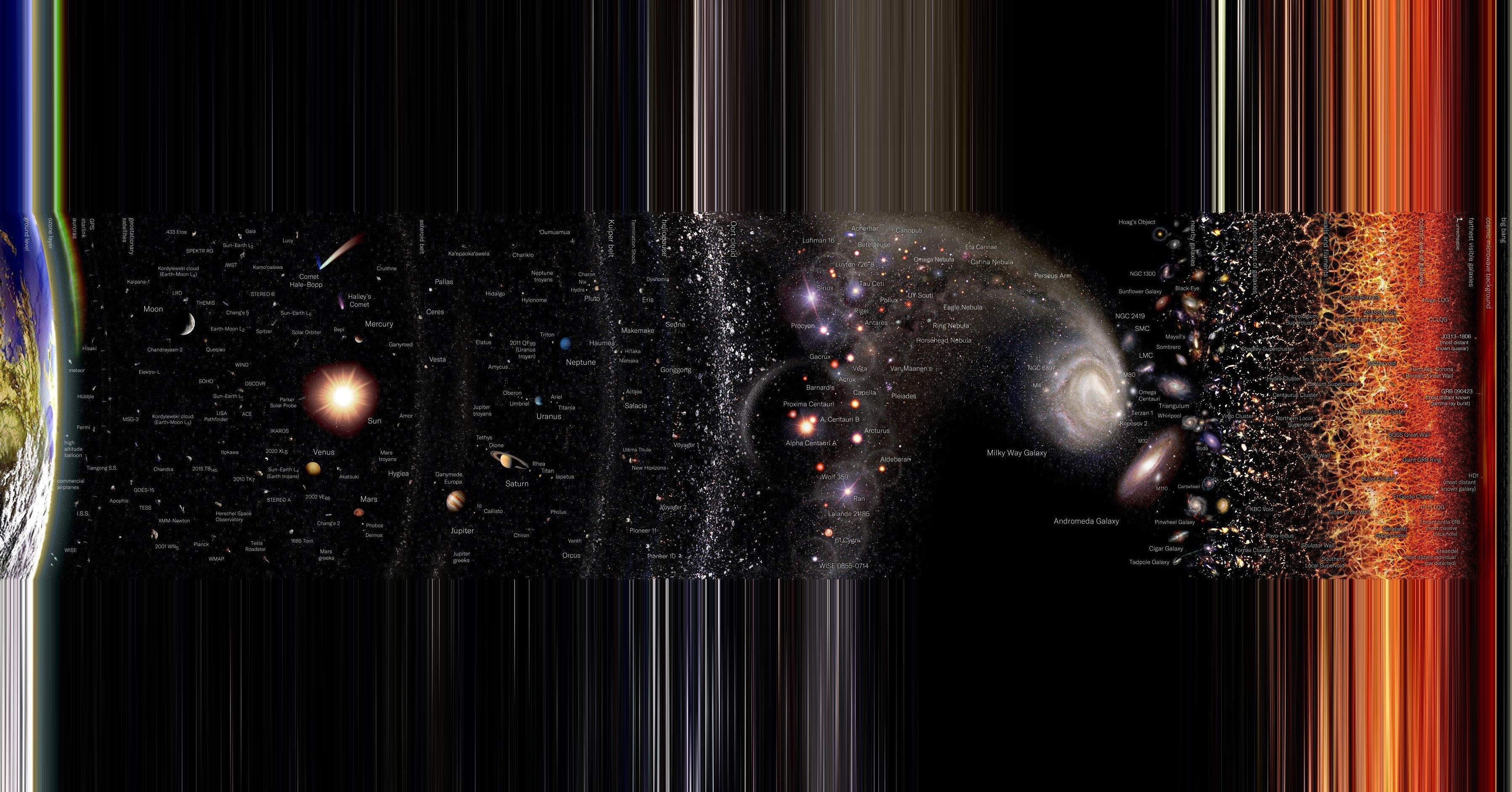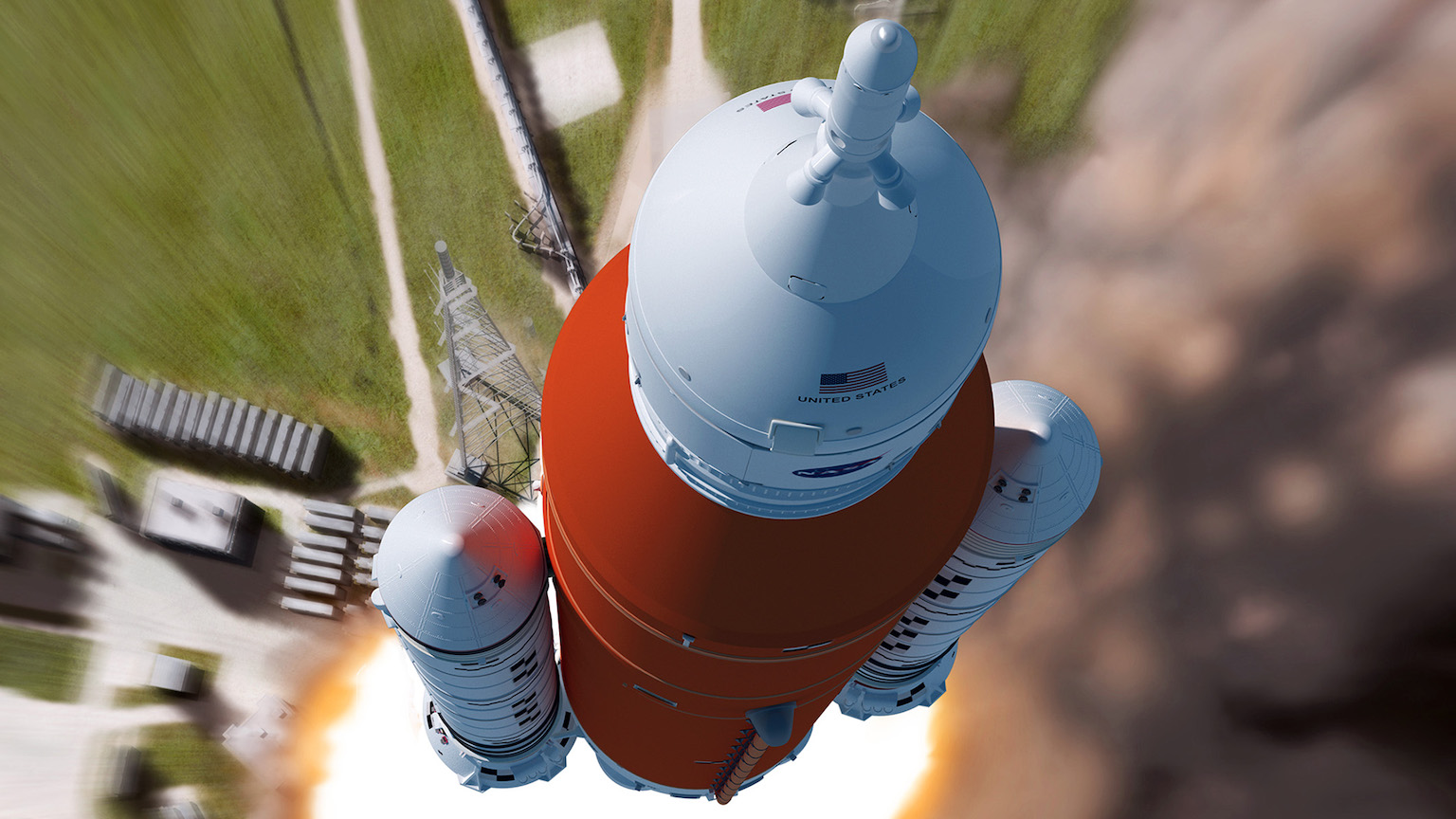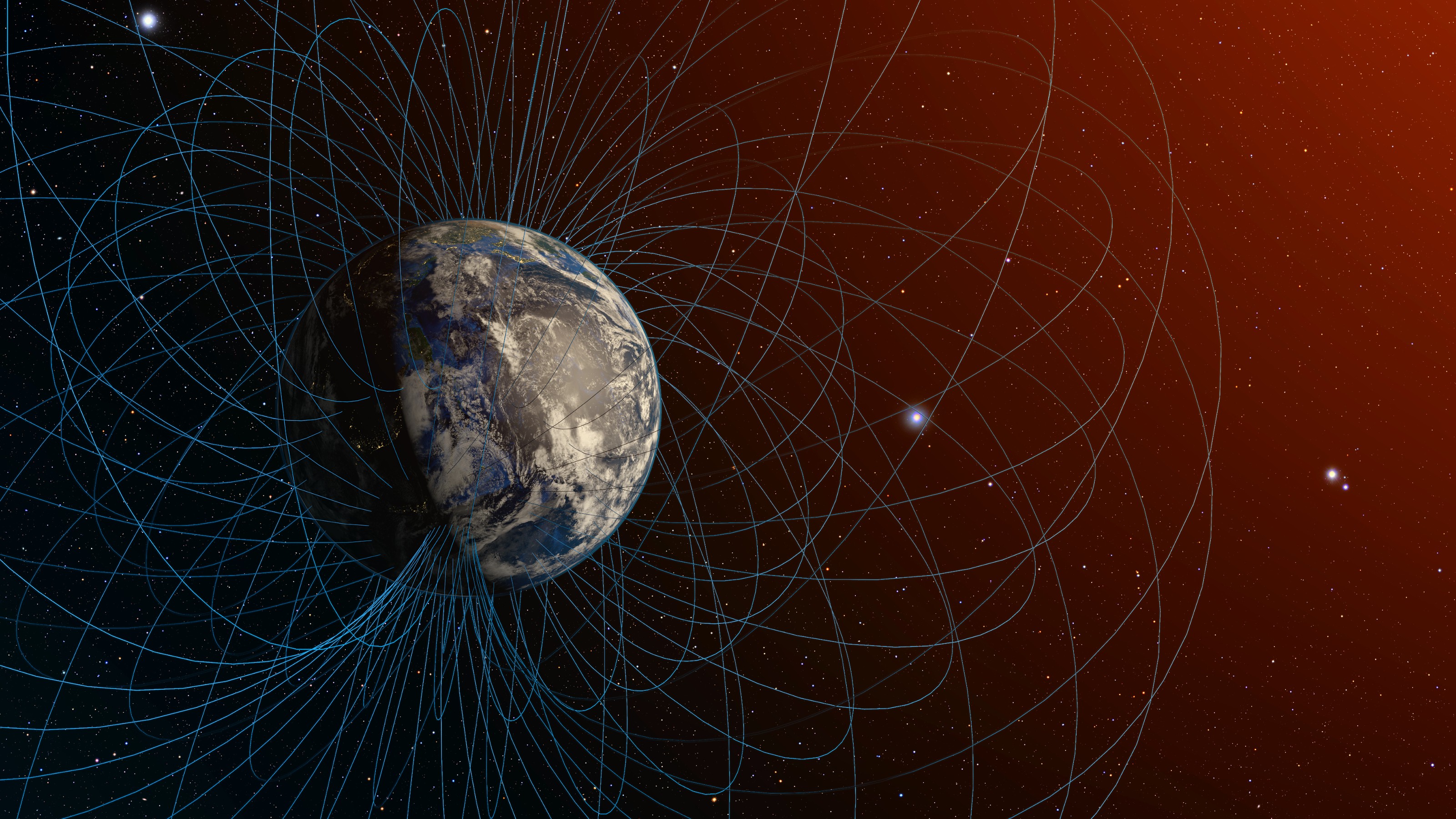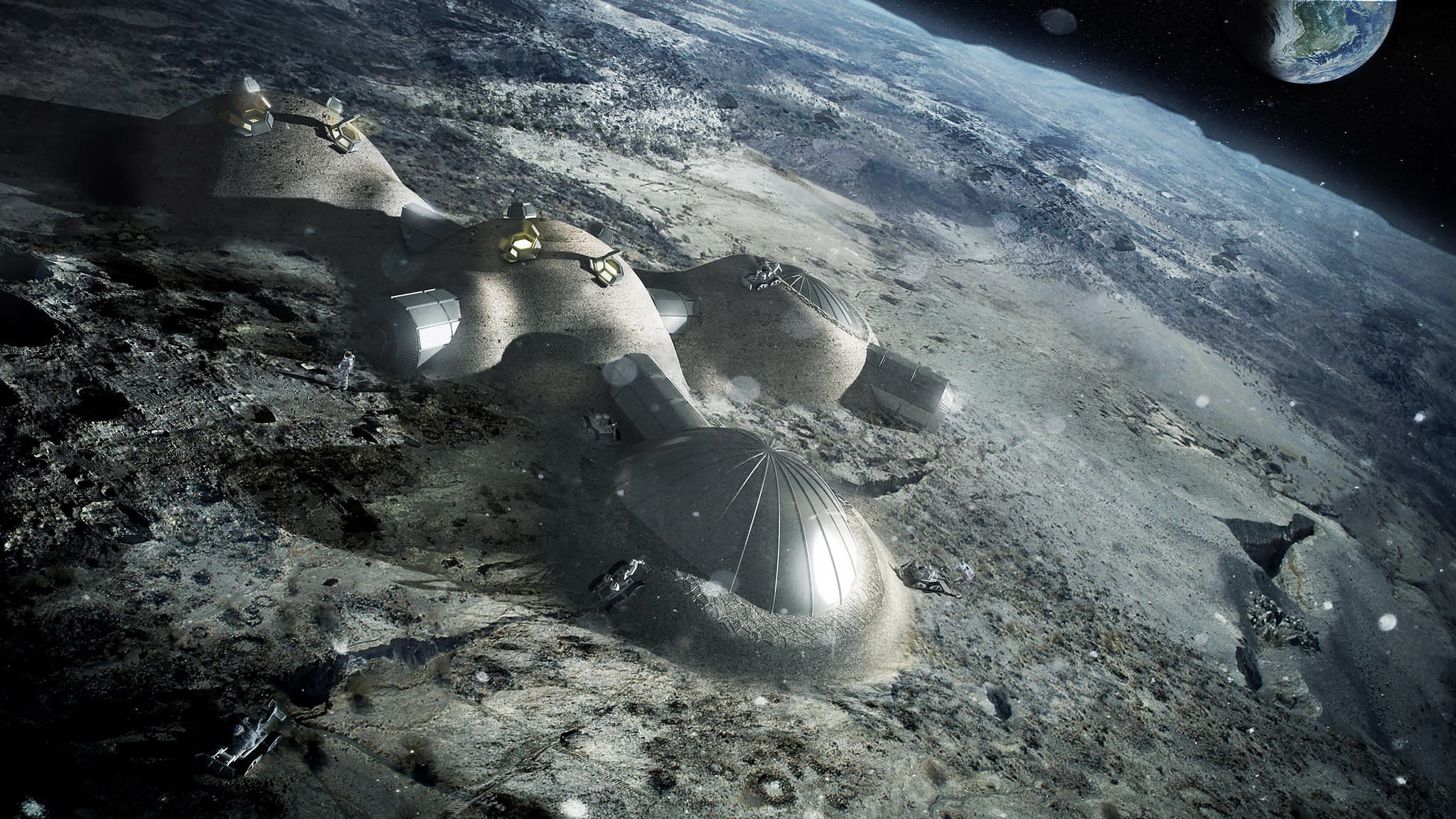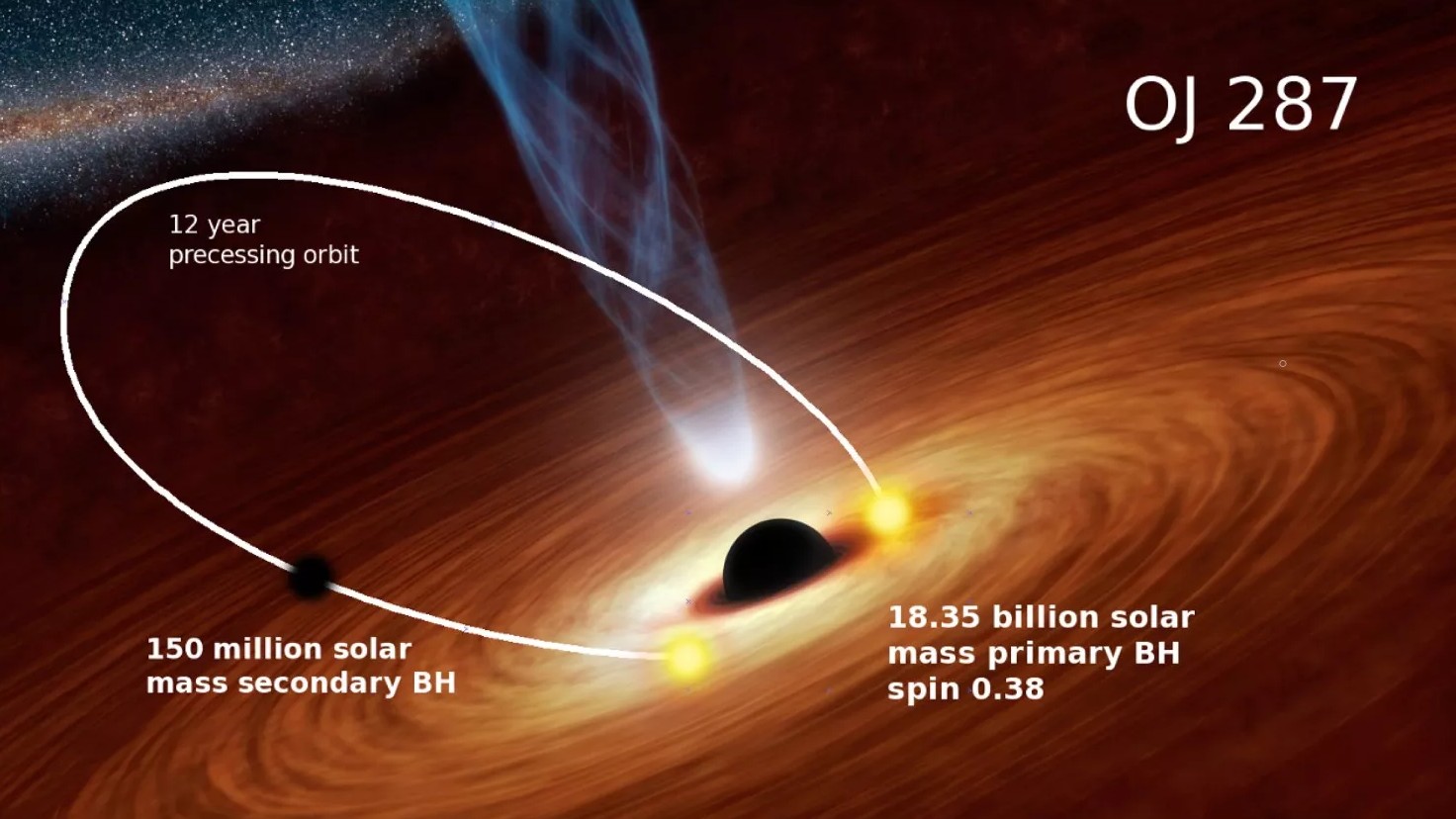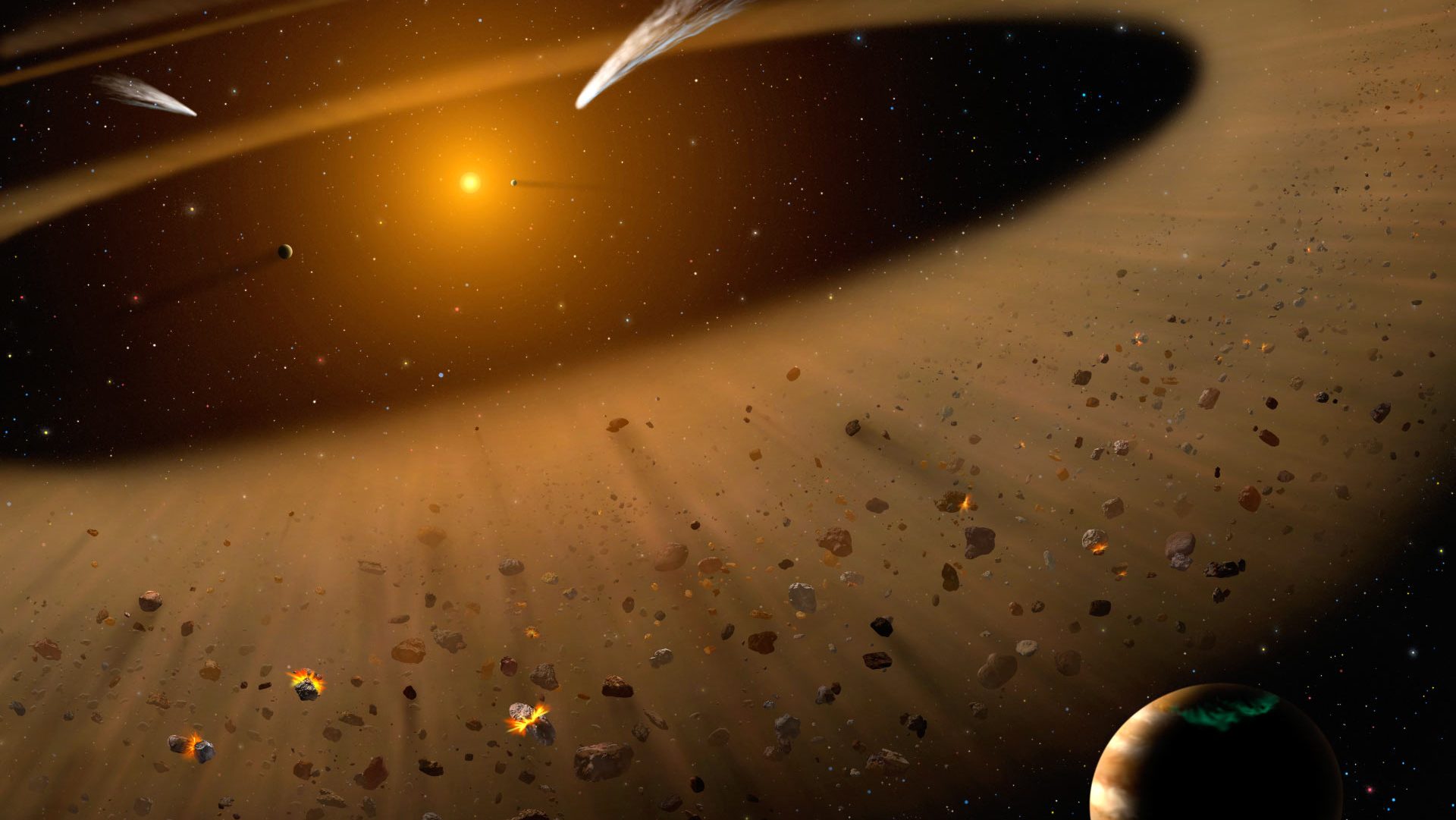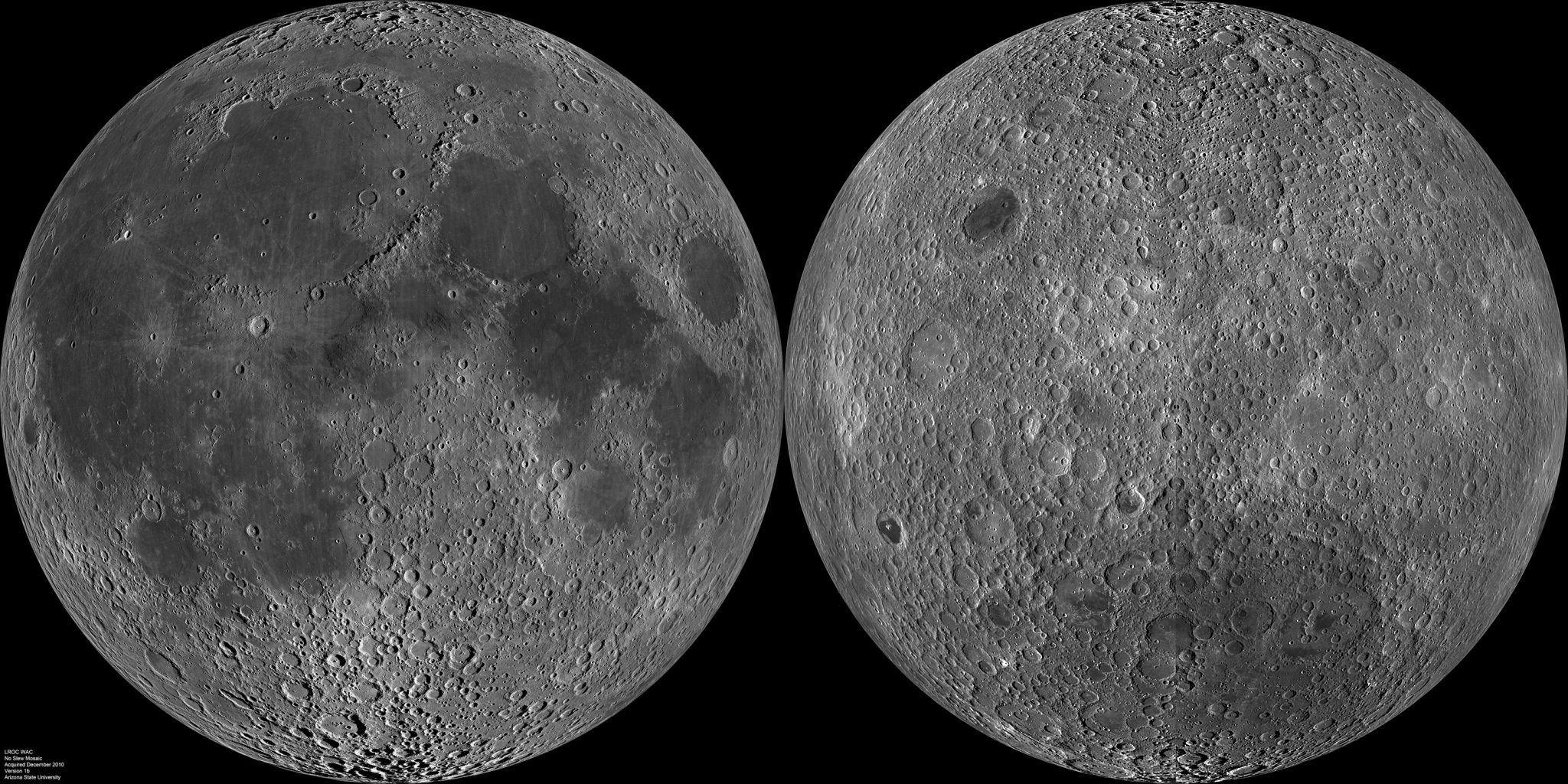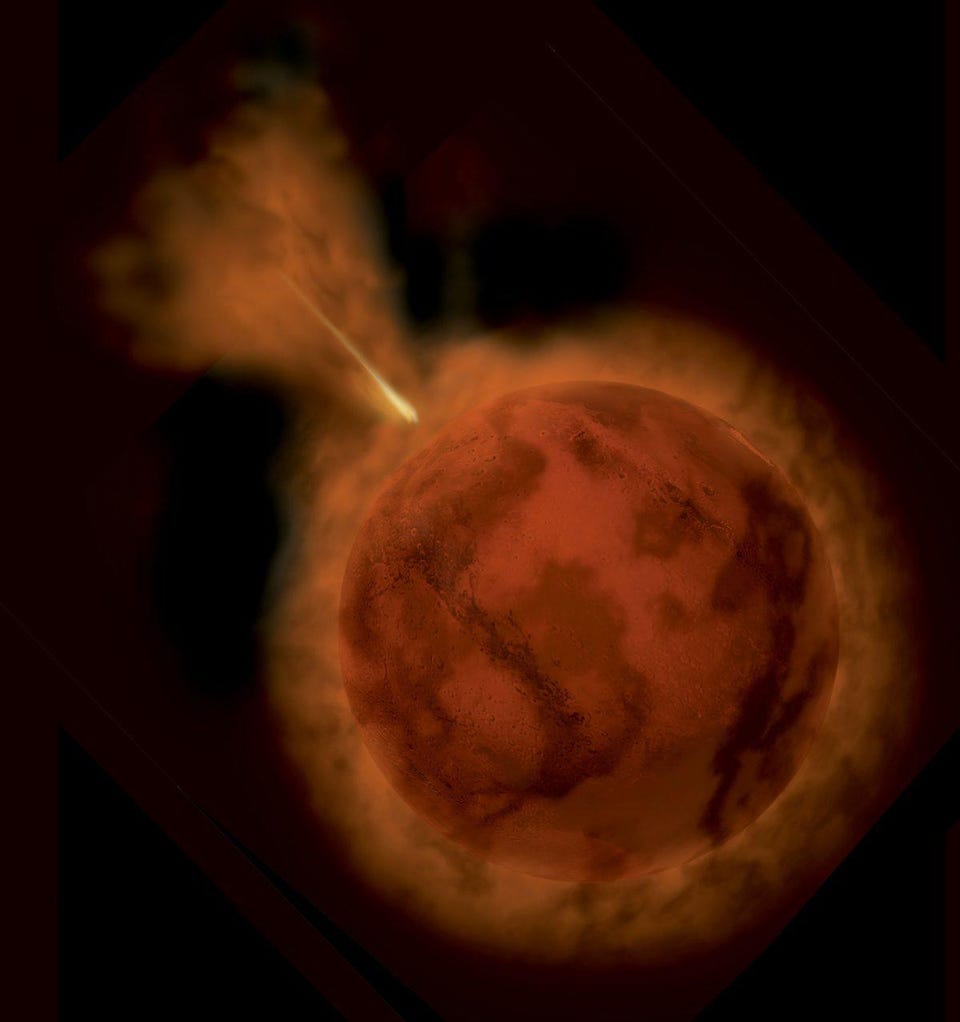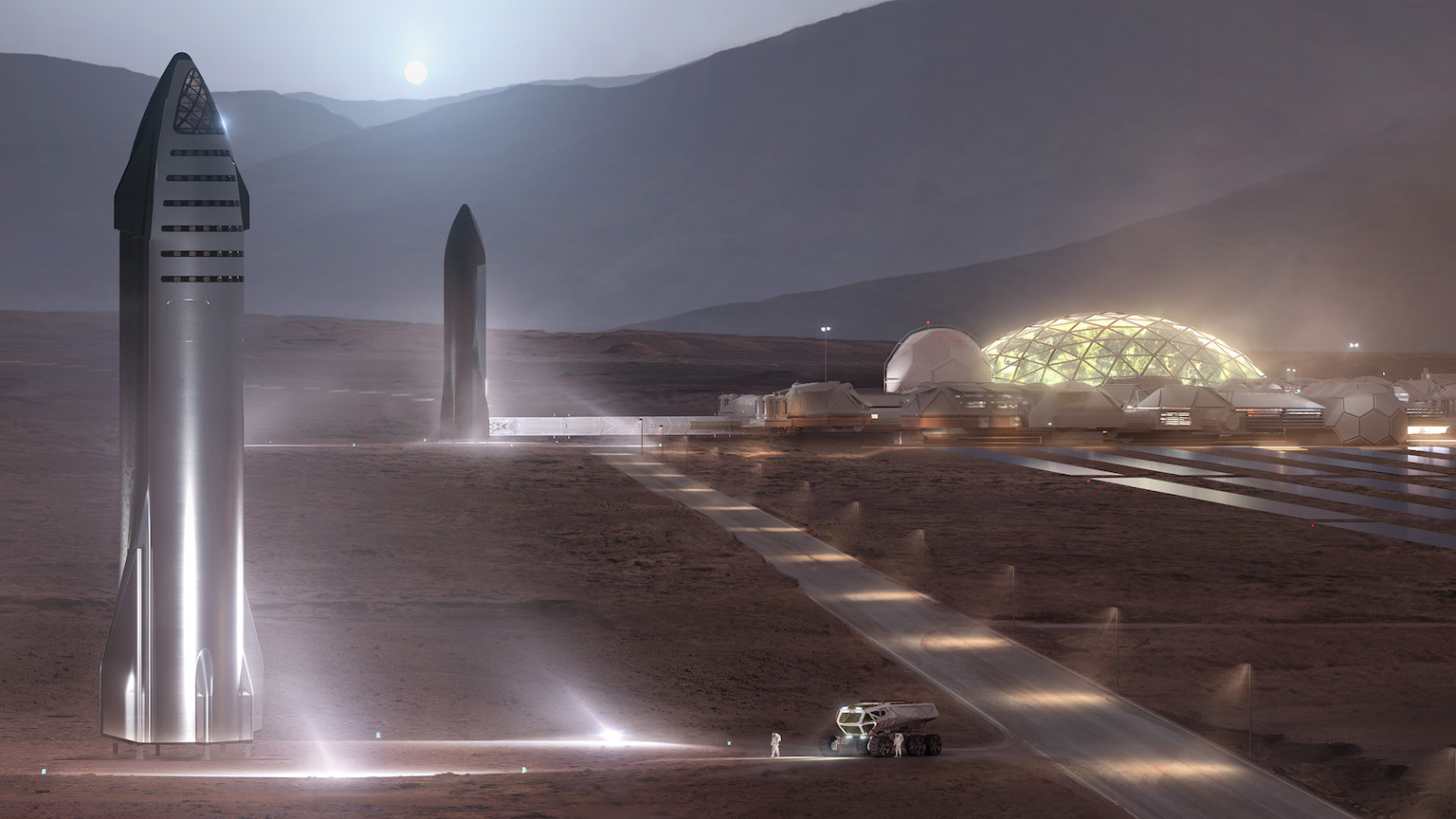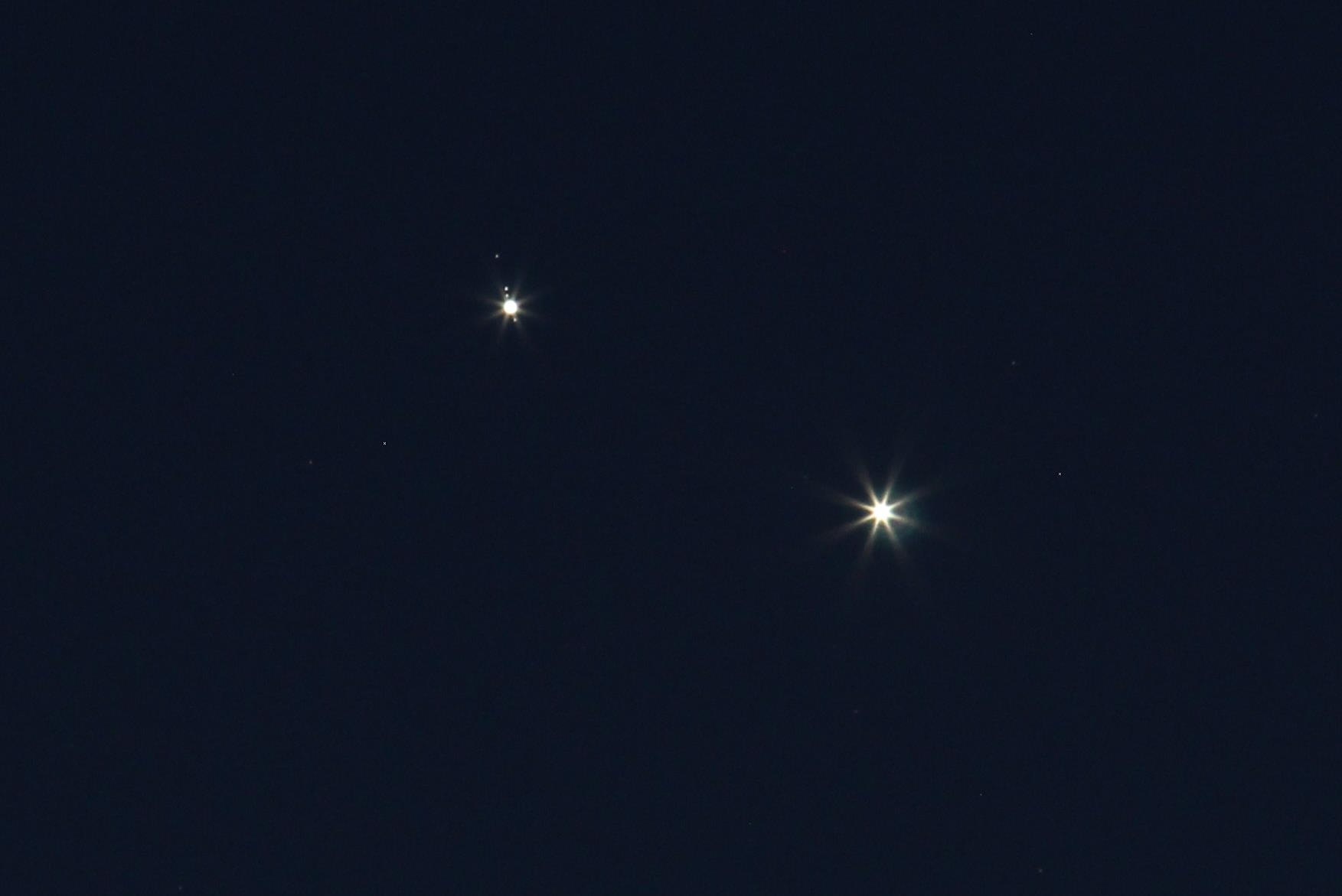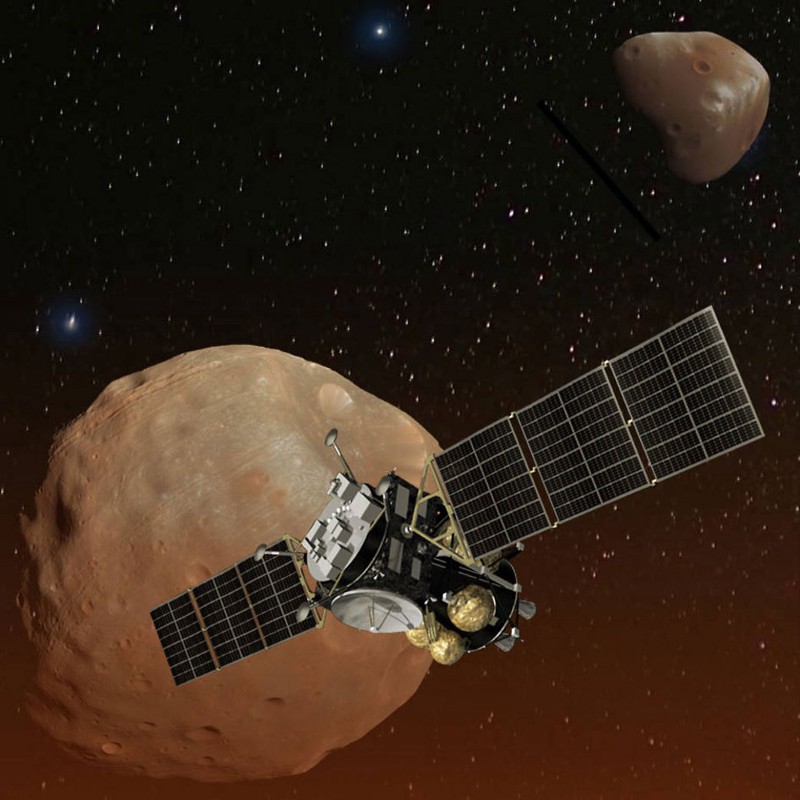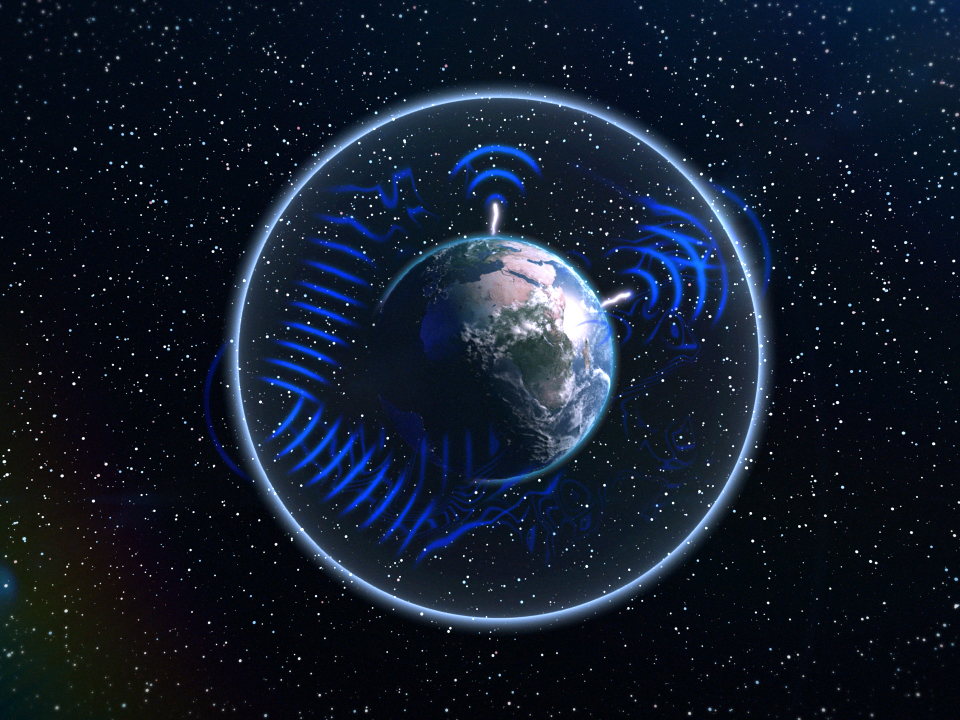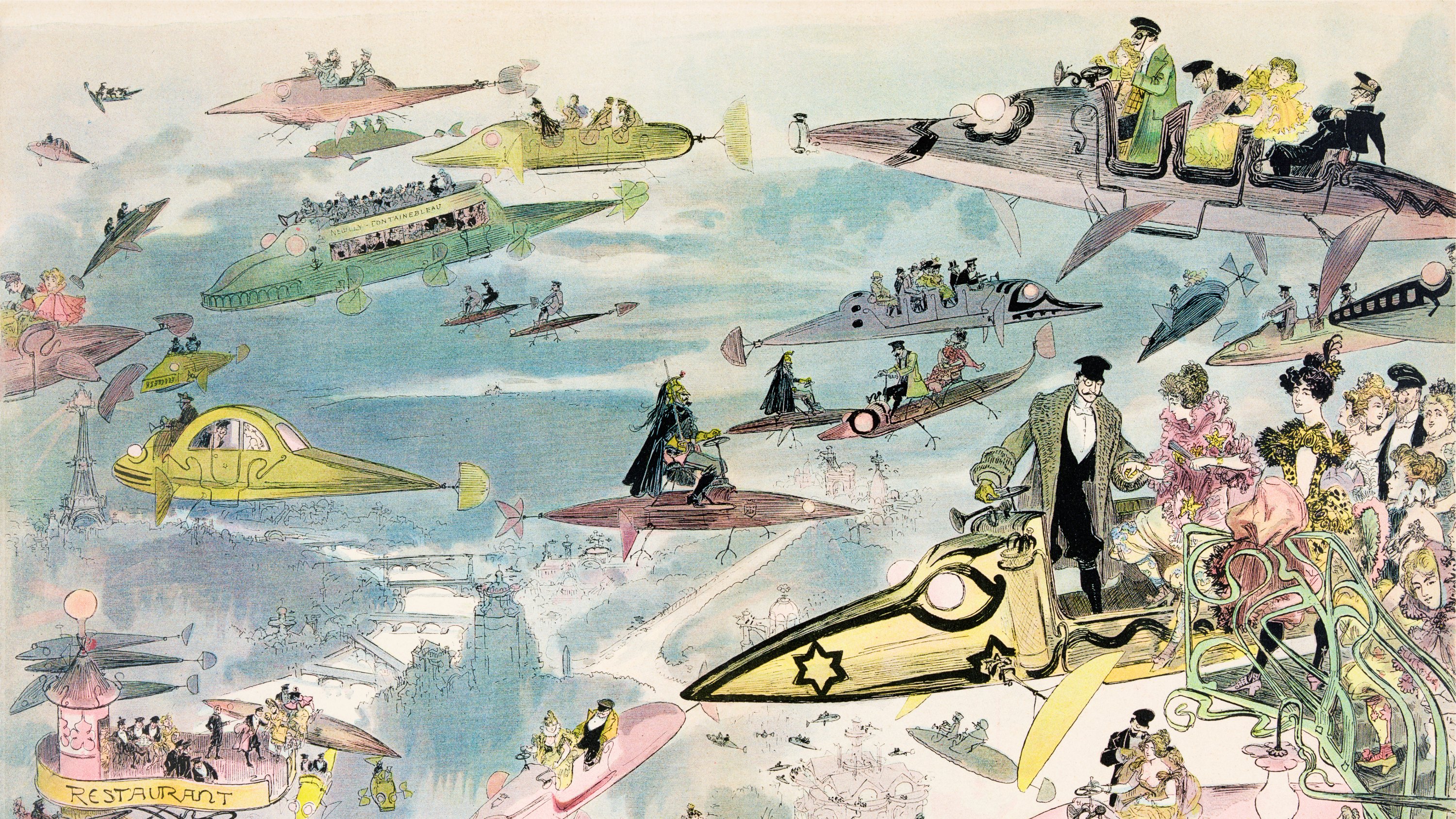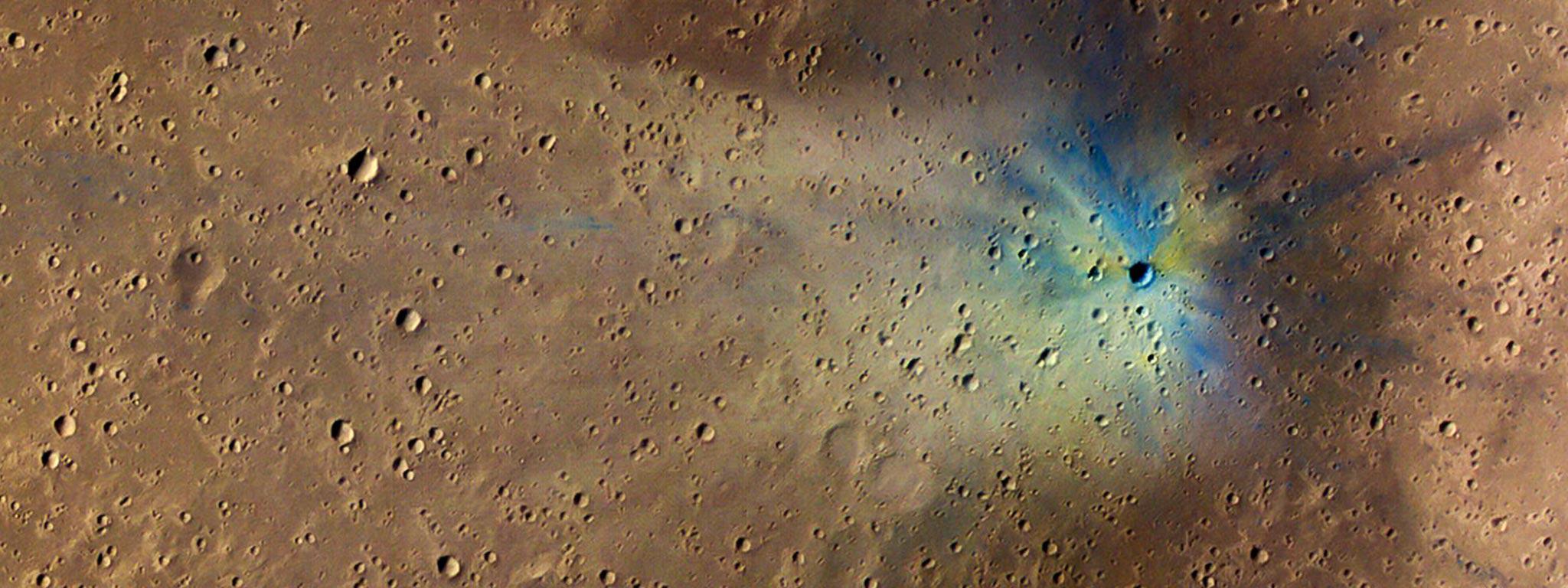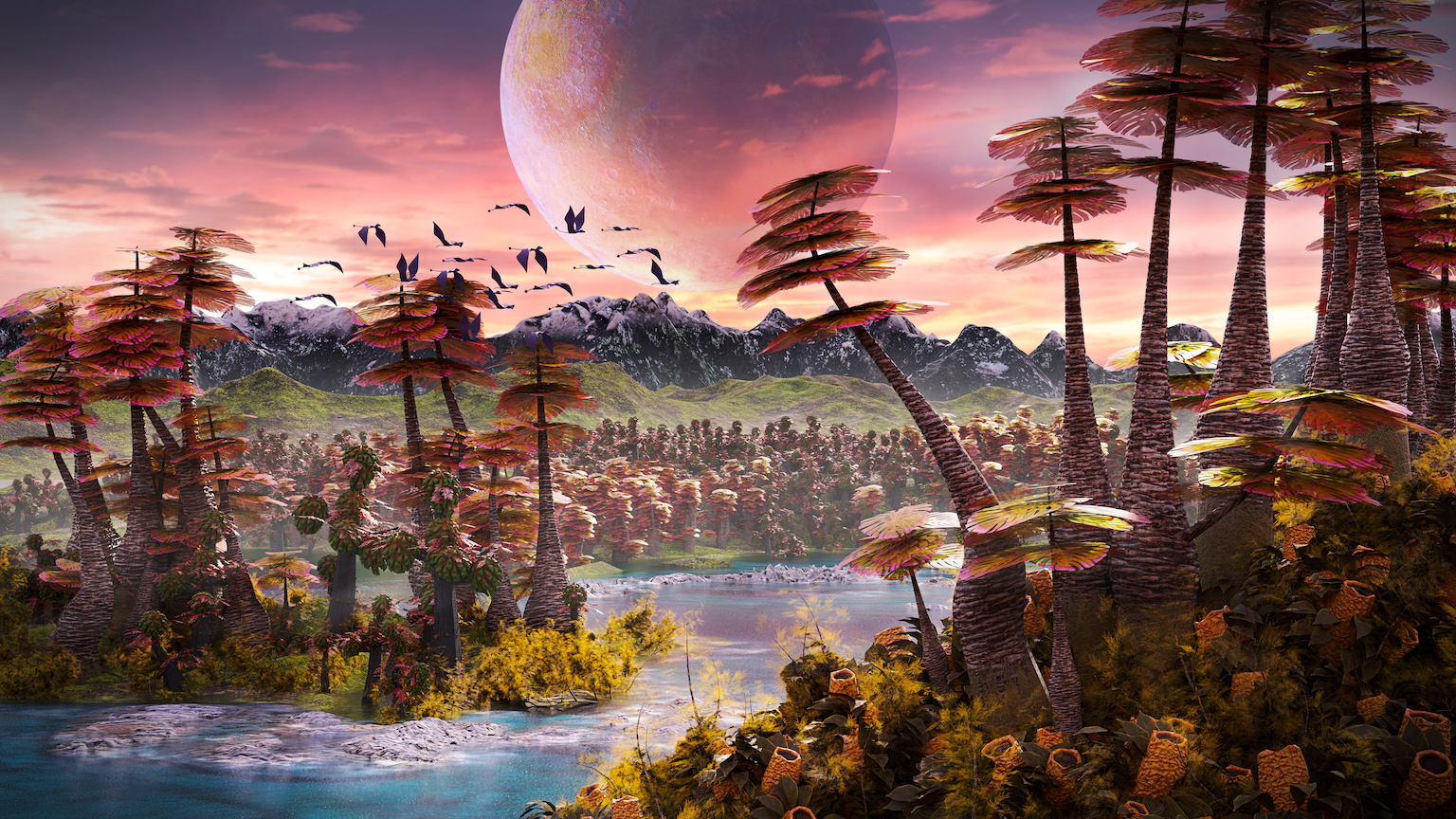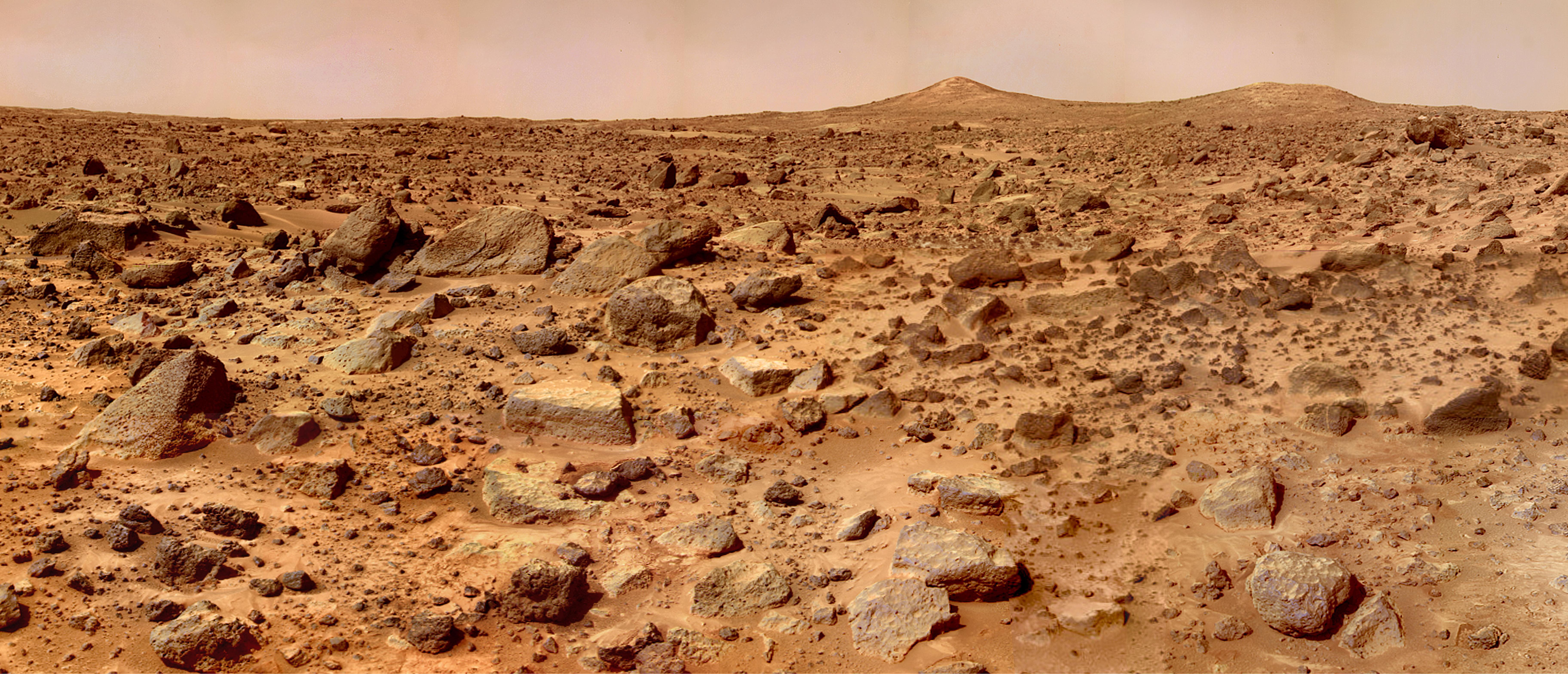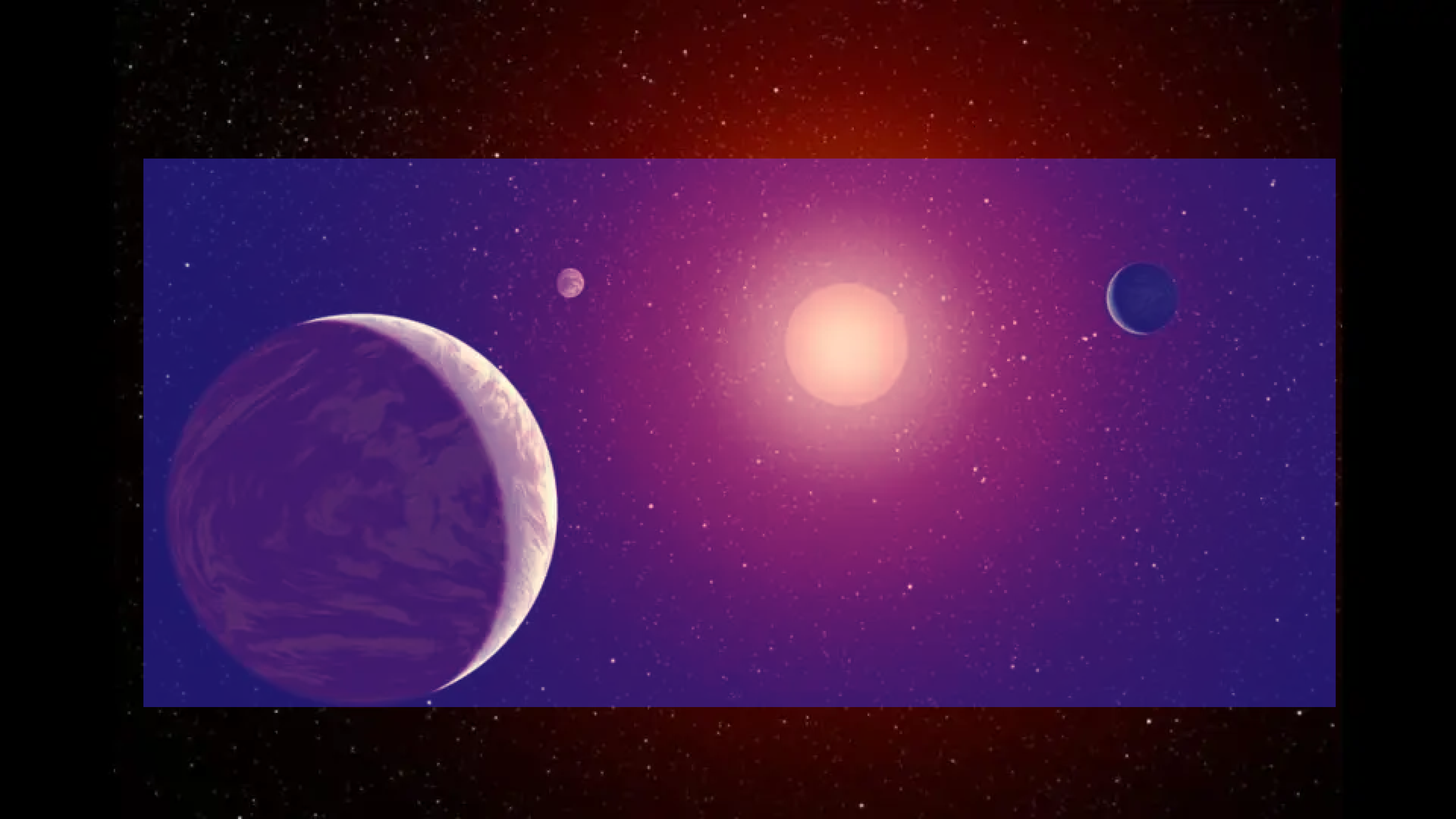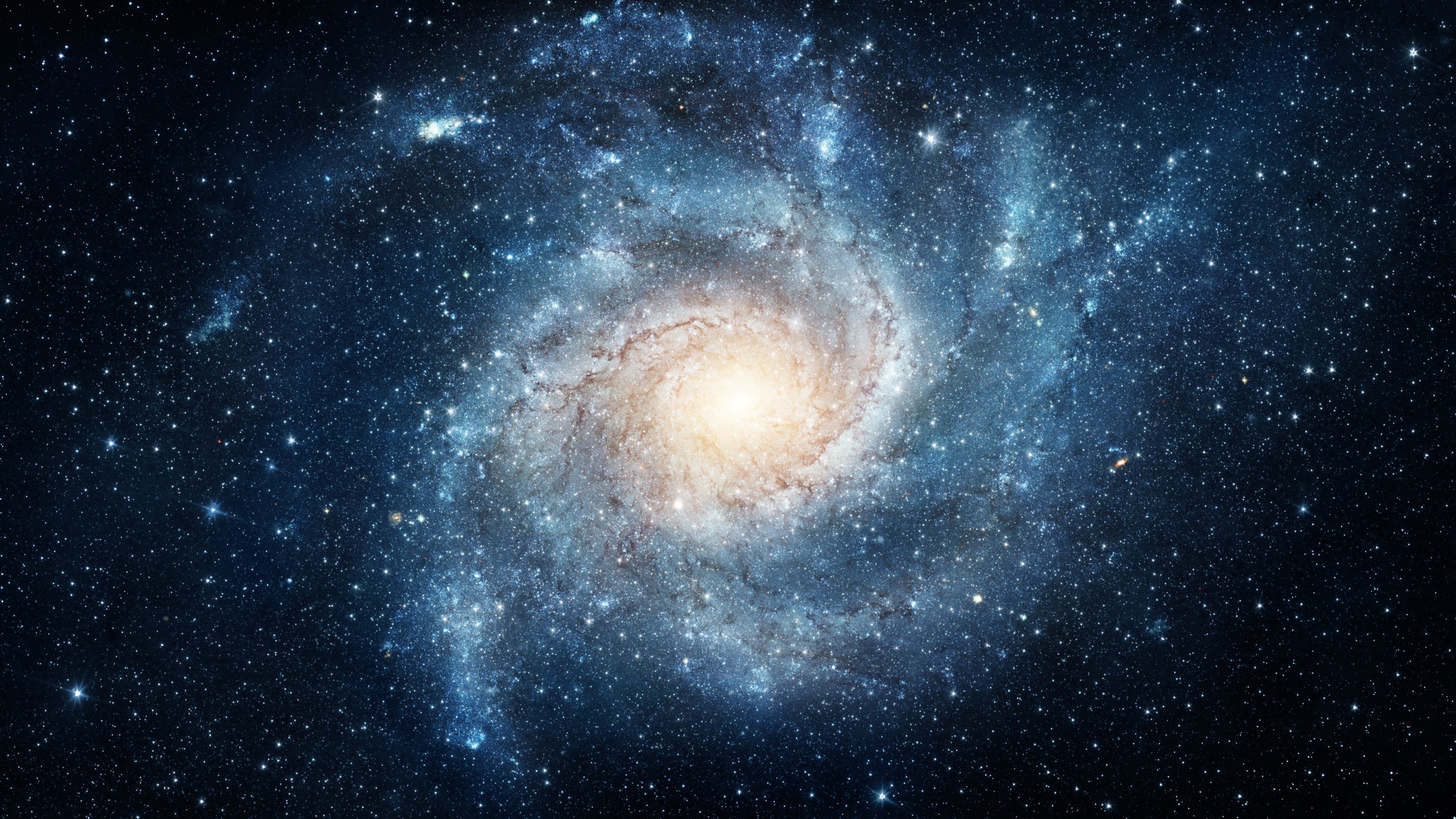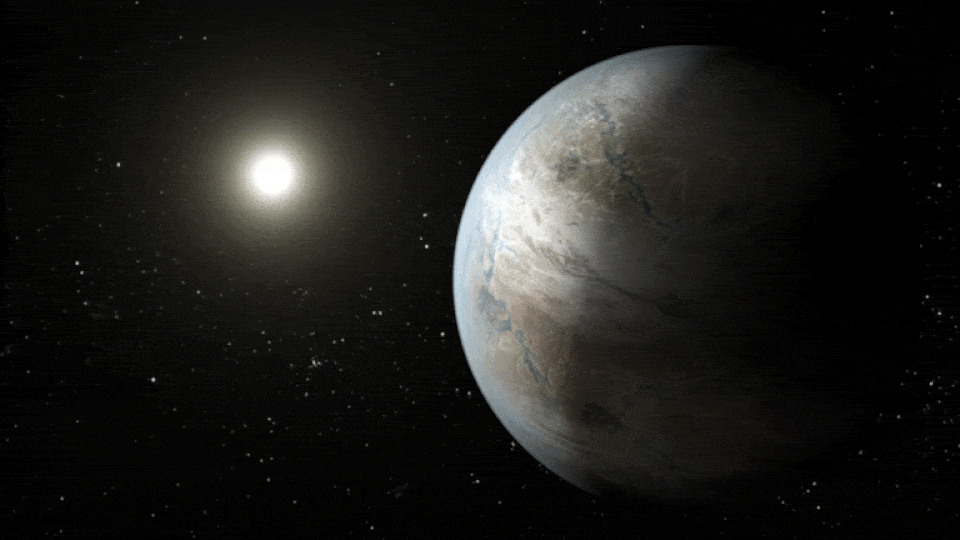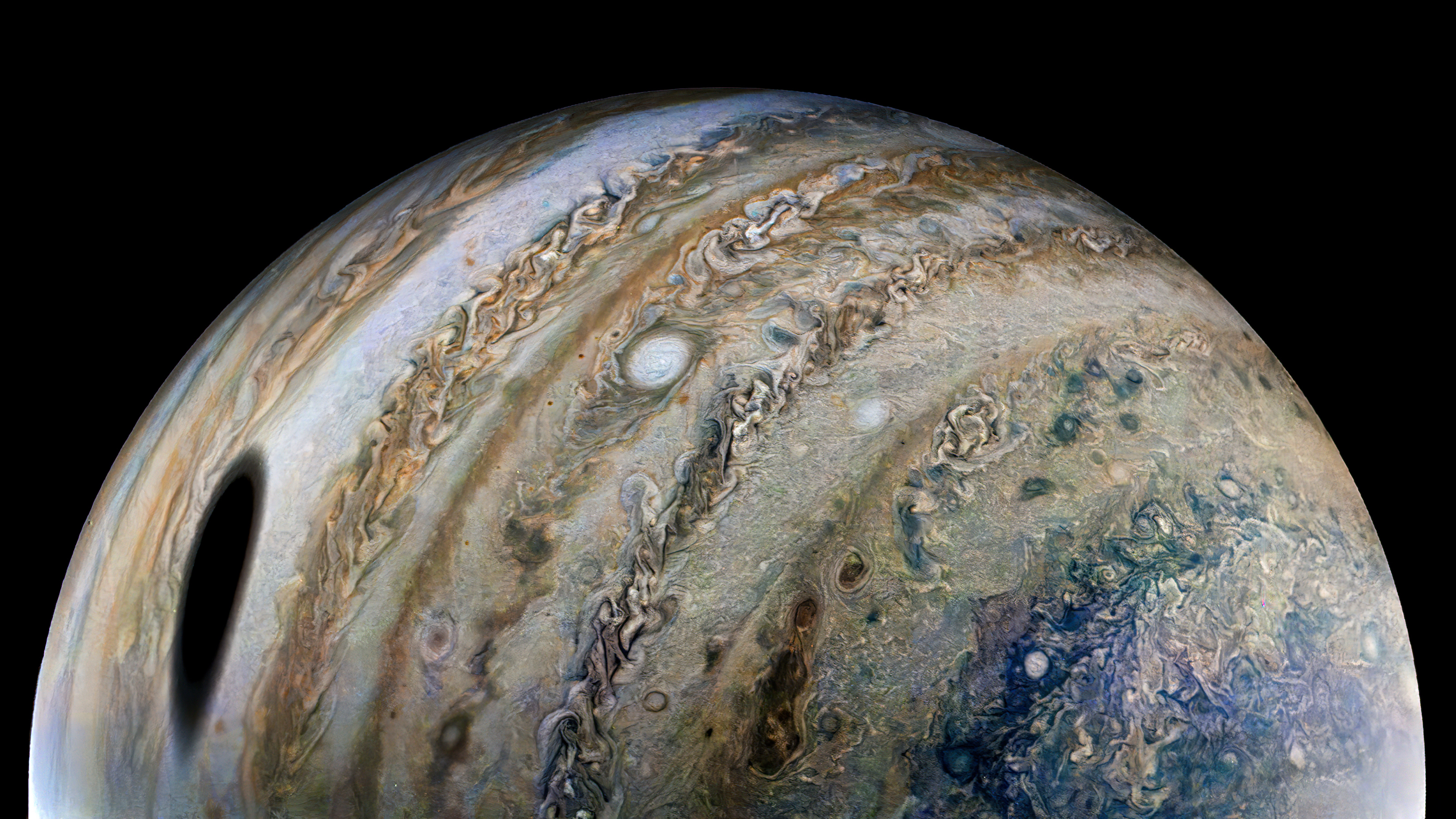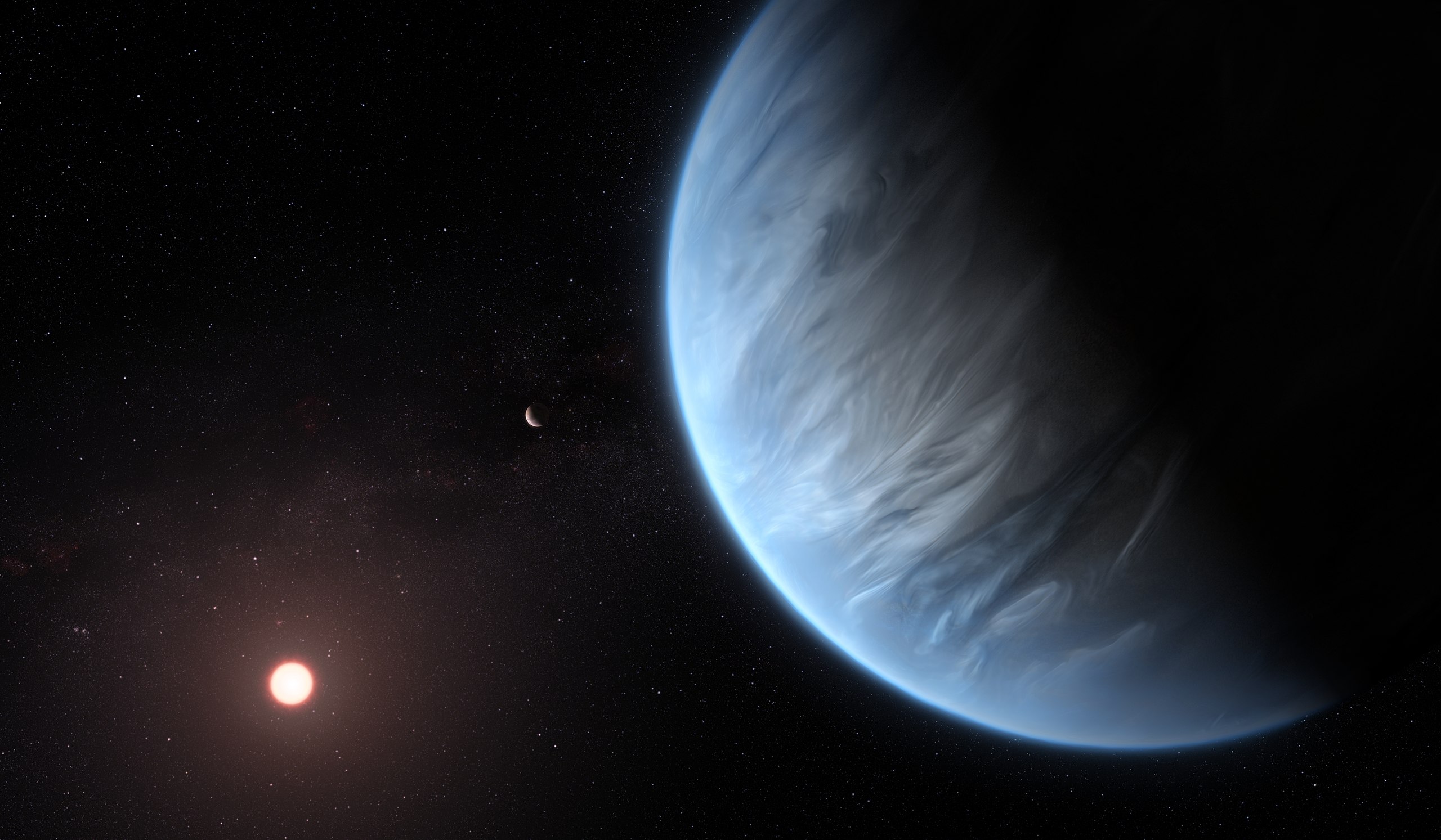The TRAPPIST-1 system is a treasure trove of possibilities and questions. Observations by JWST have just begun.
Search Results
You searched for: Mars
If aliens are driven mostly by biological imperatives, humanity could be in big trouble if we ever meet technologically advanced beings.
As we look to larger cosmic scales, we get a broader view of the expansive cosmic forest, eventually revealing the grandest views of all.
Space missions in 2022 will include massive rockets and asteroid collisions. This is also the year space tourism starts to hit its stride.
Recent research suggests that Earth’s magnetic field bounced back just as complex life was starting to emerge on our planet.
What lies in store for humanity? Theoretical physicist Michio Kaku explains how different life will be for your descendants—and maybe your future self, if the timing works out.
▸
with
The first world that humans should inhabit beyond the Earth is the Moon, not Mars. Here’s why terraforming our lunar neighbor is so appealing.
In a distant galaxy, a cosmic dance between two supermassive black holes emits periodic flashes of light.
Straddling the bounds of science and religion, Newton wondered who set the planets in motion. Astrophysics reveals the answer.
The near and far sides of the Moon are so different from each other, and no one is sure why. New lunar samples could confirm a wild theory.
Phobos and Deimos only have two explanations, and neither one adds up.
Is mathematics woven into the very fabric of reality? Or is it merely a product of the human mind?
The massive craft could carry 100 humans to Mars and revolutionize space exploration.
Even at its faintest, Venus always outshines every other star and planet that’s visible from Earth, and then some!
In our Solar System, even the two brightest planets frequently align in our skies. But only rarely is it spectacularly visible from Earth.
Theoretically, we know what happened on the red planet. Here’s how we’ll find out whether we’re right. When it comes to the worlds beyond Earth in our Solar System, it’s only […]
Skepticism is appropriate when gazing into the futurist’s crystal ball.
The Schumann resonances are the background hum of the entire planet. But they don’t affect humans in any way.
In revolutionary Russia, a group of forward-thinking philosophers offered an alternative to both futurism and communism.
Do you think you know the Solar System? Here’s a fact about each planet that might surprise you when you see it!
When high-anxiety situations arise in the workplace, we tend to react by fighting, fleeing, freezing, or fawning — but there’s a hidden fifth option.
It could analyze a photo of the Martian surface in just five seconds. NASA scientists need 40 minutes.
Multiple lines of evidence — physical, chemical, and biological — must converge for scientists to conclude that alien life has been found.
We are likely to see the first humans walk on Mars this decade.
There are plenty of life-friendly stellar systems in the Universe today. But at some point in the far future, life’s final extinction will occur.
In 1924, Edwin Hubble found proof that the Milky Way isn’t the only galaxy in the Universe.
If there are human-sized creatures walking around on other planets, would we be able to view them directly?
There will always be “wolf-criers” whose claims wither under scrutiny. But aliens are certainly out there, if science dares to find them.
The classic picture of Jupiter’s great rocky core might be entirely wrong.
Some fascinating observations of K2-18b have come along with horrendous, speculative communications. There’s no evidence for oceans or life.
